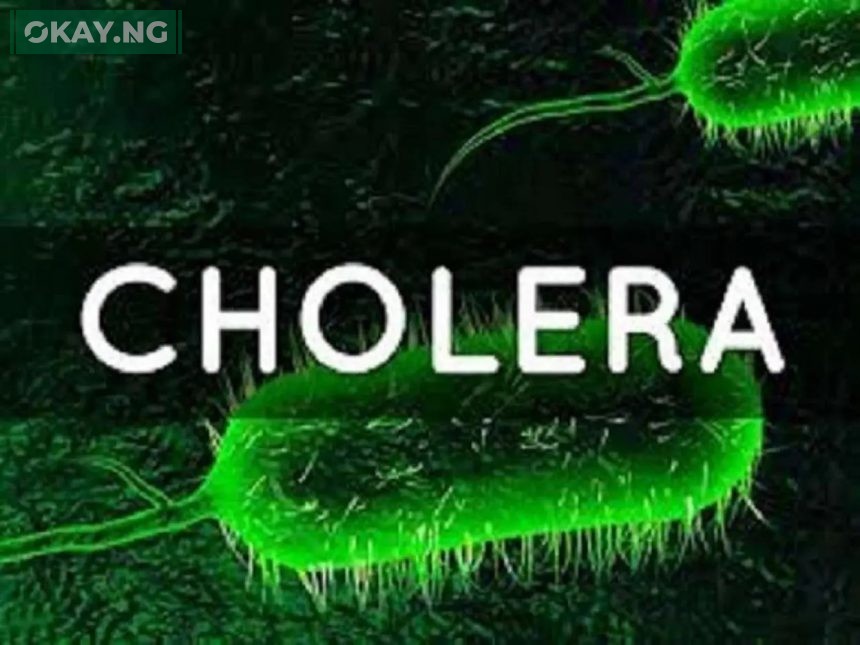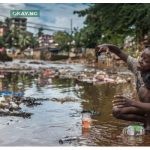Cholera is a highly contagious bacterial infection caused by ingesting contaminated food or water.
Contents
The recent outbreak in Nigeria has raised concerns and highlighted the need for increased awareness and preventive measures.
Overview of Cholera
- Causative Agent: Cholera is caused by the bacterium Vibrio cholerae.
- Transmission: It spreads through contaminated water or food.
- Symptoms: Include severe diarrhea, dehydration, and can lead to death if untreated.
Current Situation in Nigeria
- Reported Cases: As of June 2024, Nigeria has reported over 1,141 suspected cases and 30 deaths.
- Affected Areas: The outbreak has been reported in 96 Local Government Areas across 30 states.
Risk Factors
- Water Sanitation: Inadequate access to clean water contributes to the spread.
- Hygiene Practices: Poor hygiene practices can facilitate transmission.
- Seasonal Impact: The rainy season often exacerbates the spread due to flooding and contamination of water sources.
Prevention and Control
- Safe Water: Boil and store water in clean containers before drinking.
- Sanitation: Ensure proper disposal of waste and feces.
- Hygiene: Wash hands regularly with soap and safe water.
Government and Health Agencies Response
- NCDC Involvement: The Nigeria Centre for Disease Control and Prevention (NCDC) is leading the response efforts.
- Public Advisory: NCDC has issued advisories and is working with various partners to control the outbreak.
- WASH Interventions: Water, sanitation, and hygiene interventions are being implemented to prevent further spread.
What You Can Do
- Stay Informed: Keep up-to-date with the latest advisories from health authorities.
- Take Precautions: Adopt the recommended preventive measures, especially if you are in an affected area.












